Summertime is known for family, vacation, relaxing, gatherings, friends and free time. Summertime also means more daylight, warmer days and more time outdoors! The first part of our Summer Safety Mini-Guide focuses on Outdoor Summer Safety for all ages, not just kids. Share these tips with all of those that will be around children. The more of us doing our part to keep kids safe, the better!
Sun Safety
According to the Skin Cancer Foundation, everyone over 6 months old should be using sunscreen every day. It should be applied at least 20 minutes before you go outside. And at a minimum, you should use a SPF of 15 or higher, reapplying every 2 hours. Want more information on all the different types of sunscreens and what is best for your children? The Skin Cancer Foundation’s website breaks it all down for you.
Water Safety
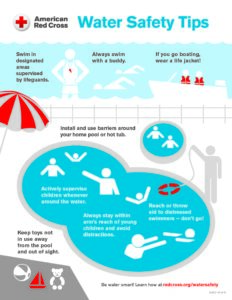 Drowning is a leading cause of death for children according to the American Red Cross. Drowning can occur wherever there is water: pools, spas, toilets, bathtubs, and even buckets and it happens faster than you think. Make sure that your children stay in the shallow water until they’re experienced swimmers, and never allow them to dive in unfamiliar waters. Wear life vests when on a boat, near open bodies of water, or on inexperienced swimmers – that goes for adults, too. Be a water role model.
Drowning is a leading cause of death for children according to the American Red Cross. Drowning can occur wherever there is water: pools, spas, toilets, bathtubs, and even buckets and it happens faster than you think. Make sure that your children stay in the shallow water until they’re experienced swimmers, and never allow them to dive in unfamiliar waters. Wear life vests when on a boat, near open bodies of water, or on inexperienced swimmers – that goes for adults, too. Be a water role model.
Outdoor Safety
- Bugs
Insects can be a real summer pest, but they don’t have to be. WebMd recommends using a bug spray with DEET to not only keep the mosquitoes away but also ticks. Other top tips include avoid smelling pretty (bugs are attracted to good smells), avoid standing water and blooming flowers (both places where insects are lurking).
- Helmets
When riding bikes, scooters or roller skating, children should have on helmets and protective gear. BONUS TIP: Make sure they know traffic laws and are safe on sidewalks and streets, for their own safety and for others.
- Heat
Children can experience heatstroke, heat exhaustion and heat cramps, the key is reducing their time in hot temperatures. HealthyChildren.org also recommends limiting children’s activities in the heat, making sure they stay hydrated (with water, not sugary drinks), dress them in light colored clothing and lightweight materials, rest, and take advantage of sprinklers/water/cool baths.
Fireworks Safety
Fireworks are a fun way to celebrate the summer holidays and time with family. The best advice is to leave it to the professionals. But if you find yourself and your children around backyard fireworks, be sure to be safe. Safe Kids Worldwide’s top tips for firework safety include:
- Leave the fireworks to the pros.
- Find a substitute for sparklers which can get up to 1200 degrees! Maybe try glow sticks instead.
- Take the necessary precautions if you are lighting fireworks (do not wear loose clothing, light them outdoors, stay away from dry grass, point them away from people and homes).
- Keep your distance and do not go near a “dud.” Douse it in water when it is safe.
- Be prepared for problems by keeping a fire extinguisher, hose and bucket of water nearby.
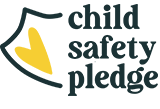
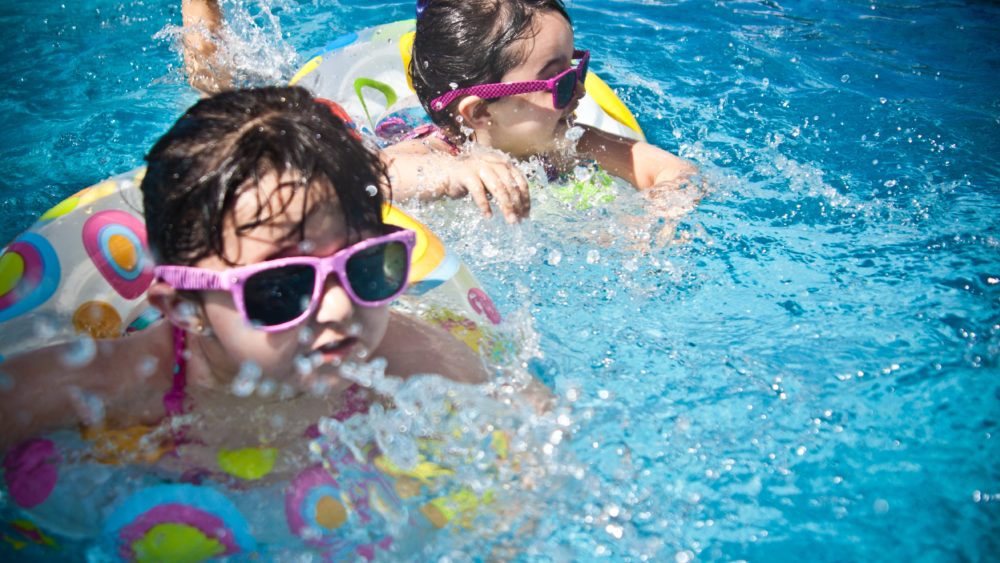

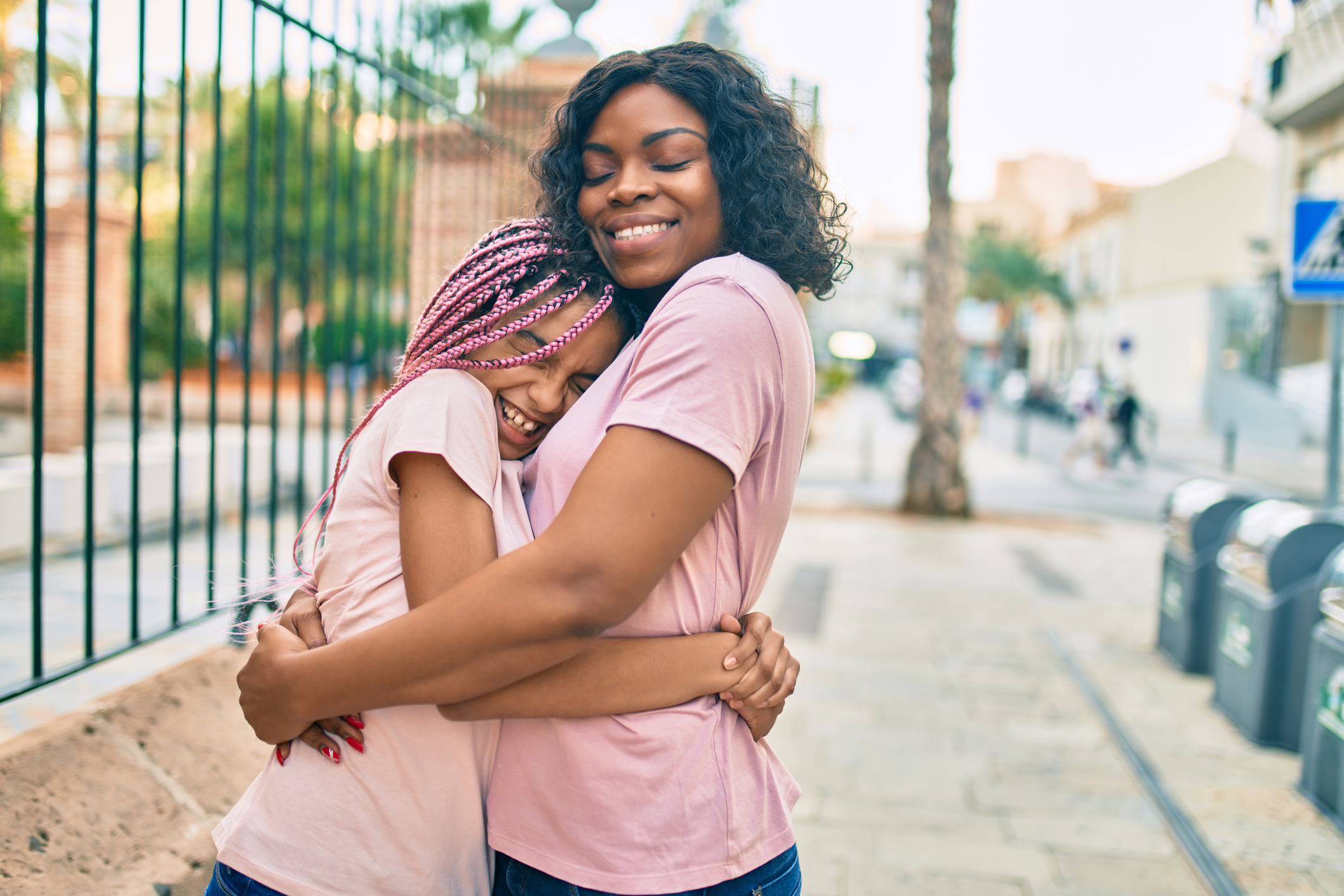

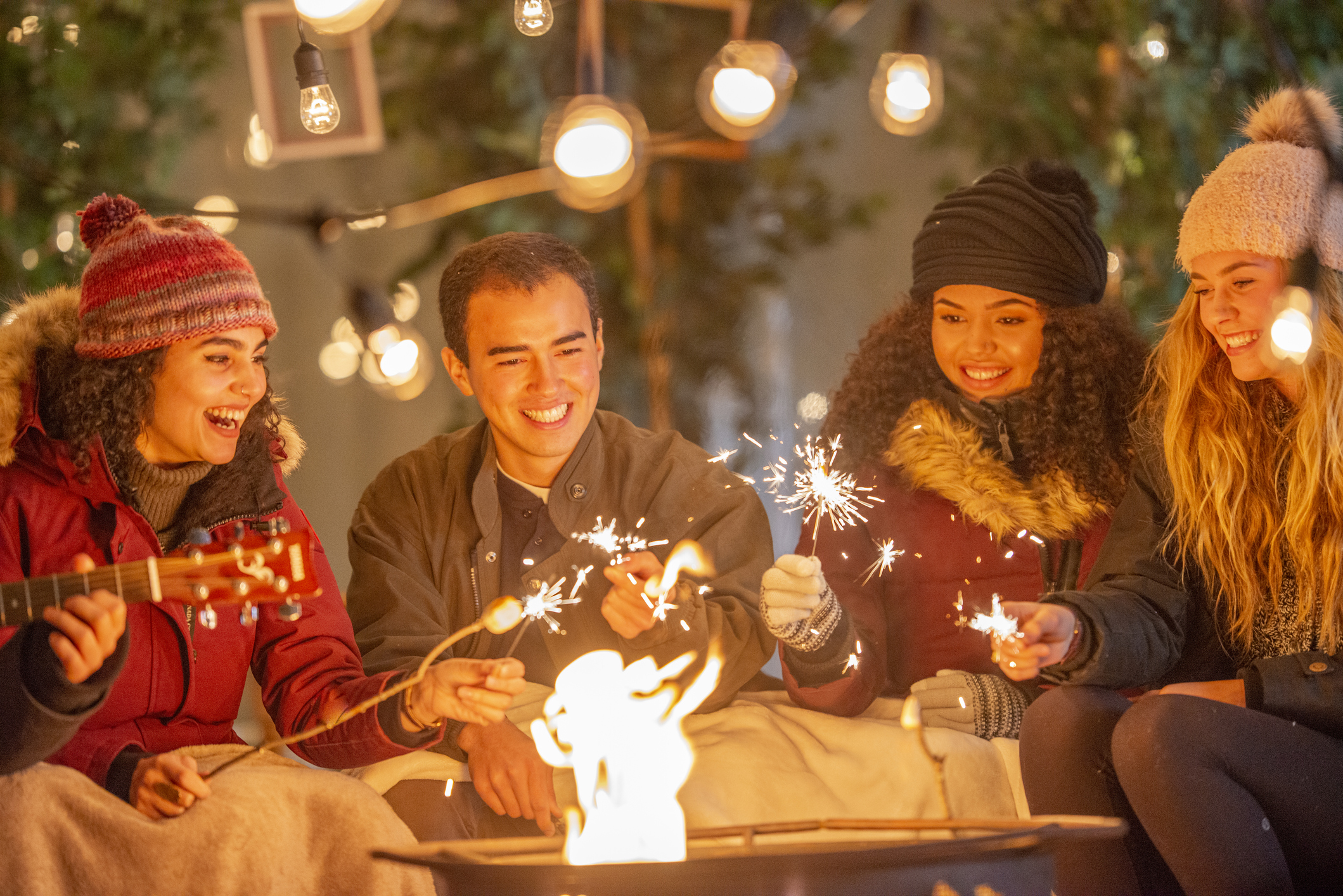
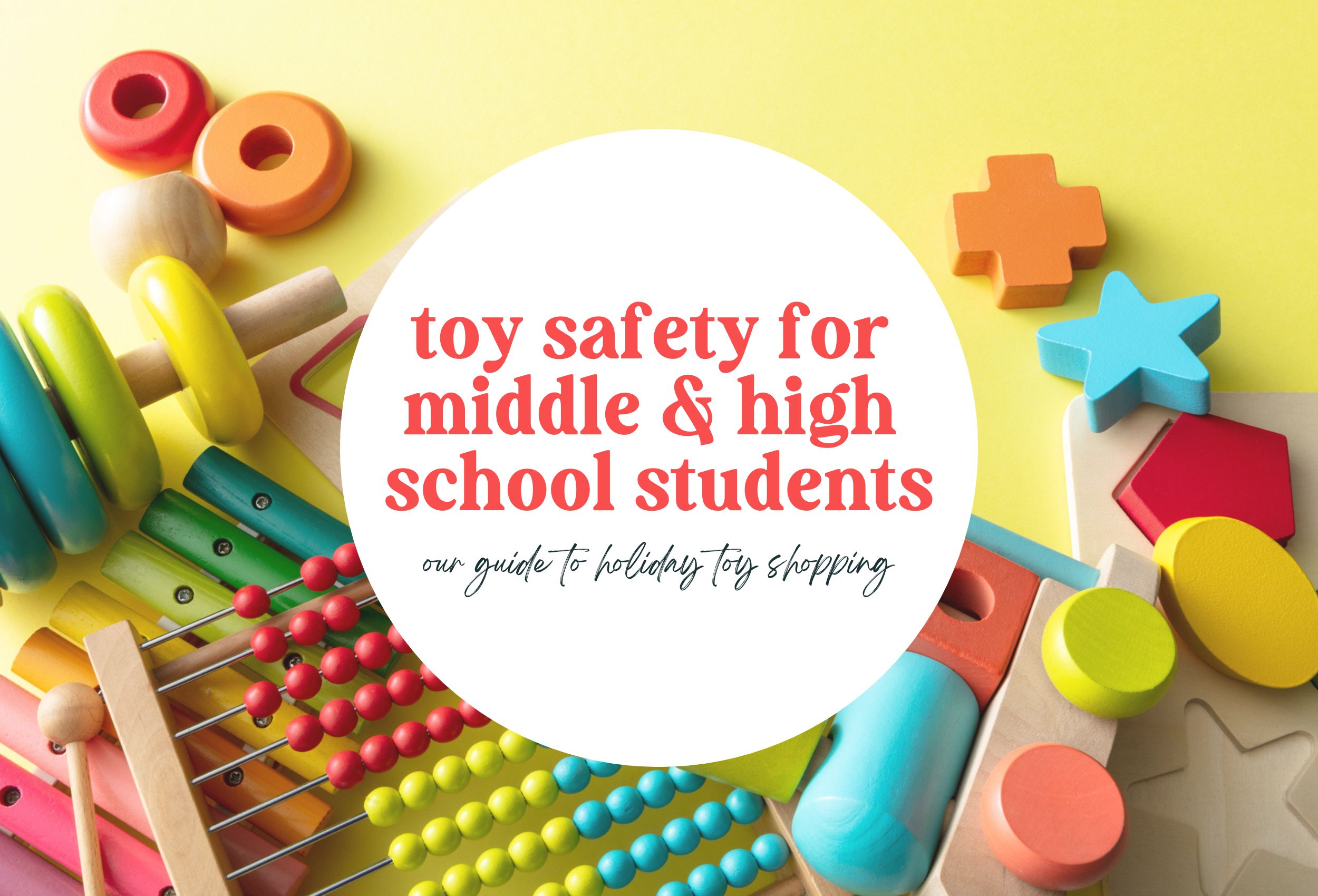
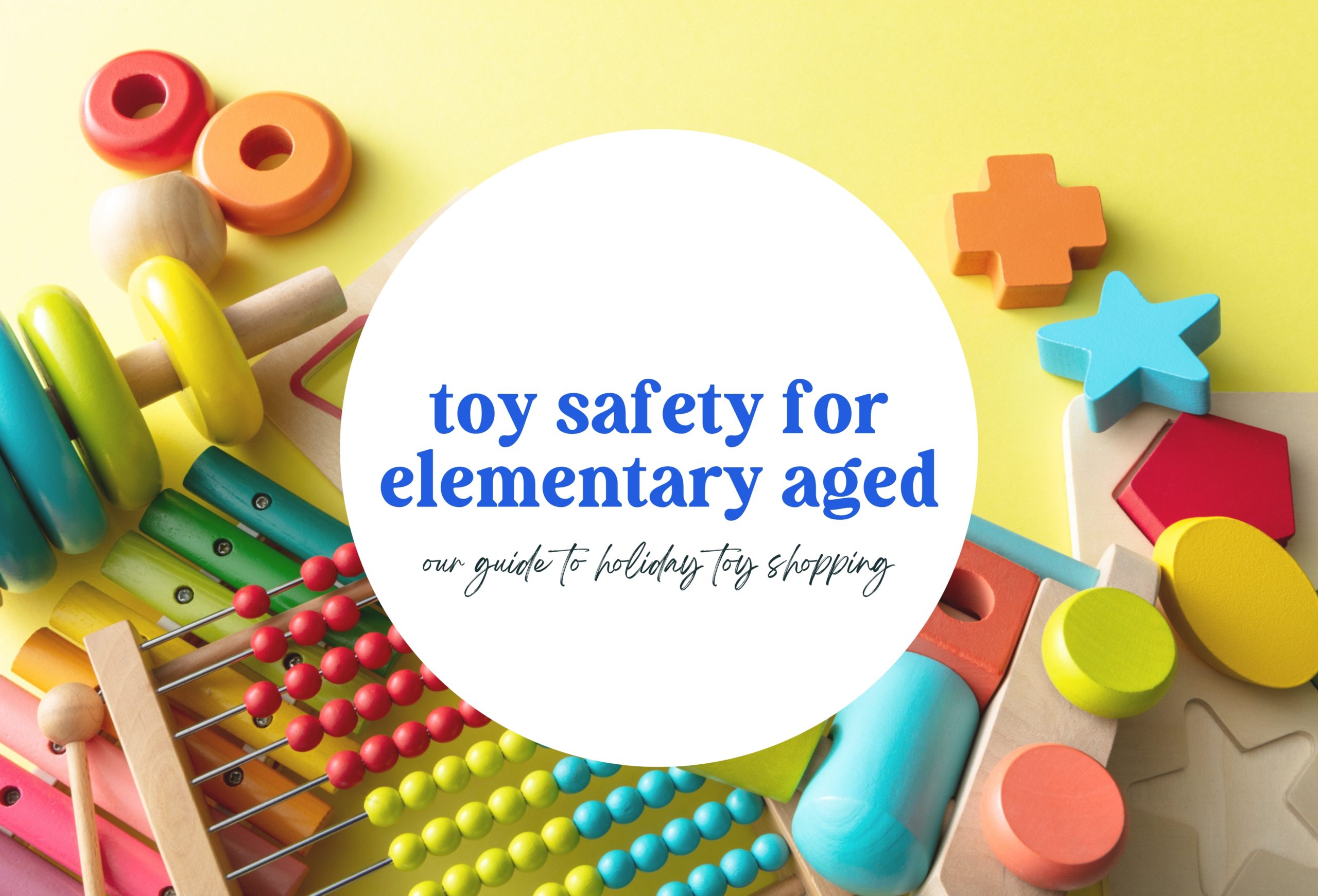
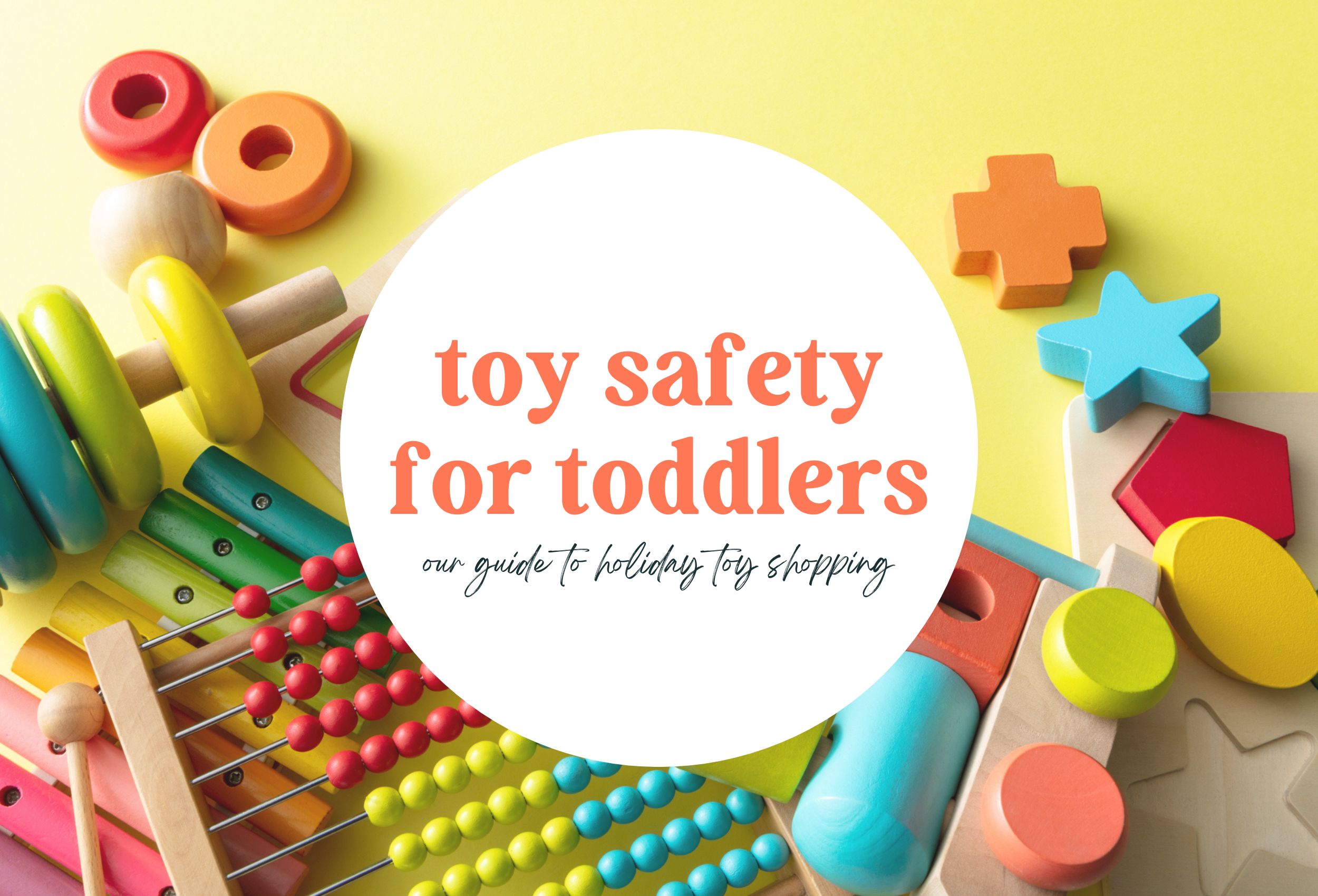

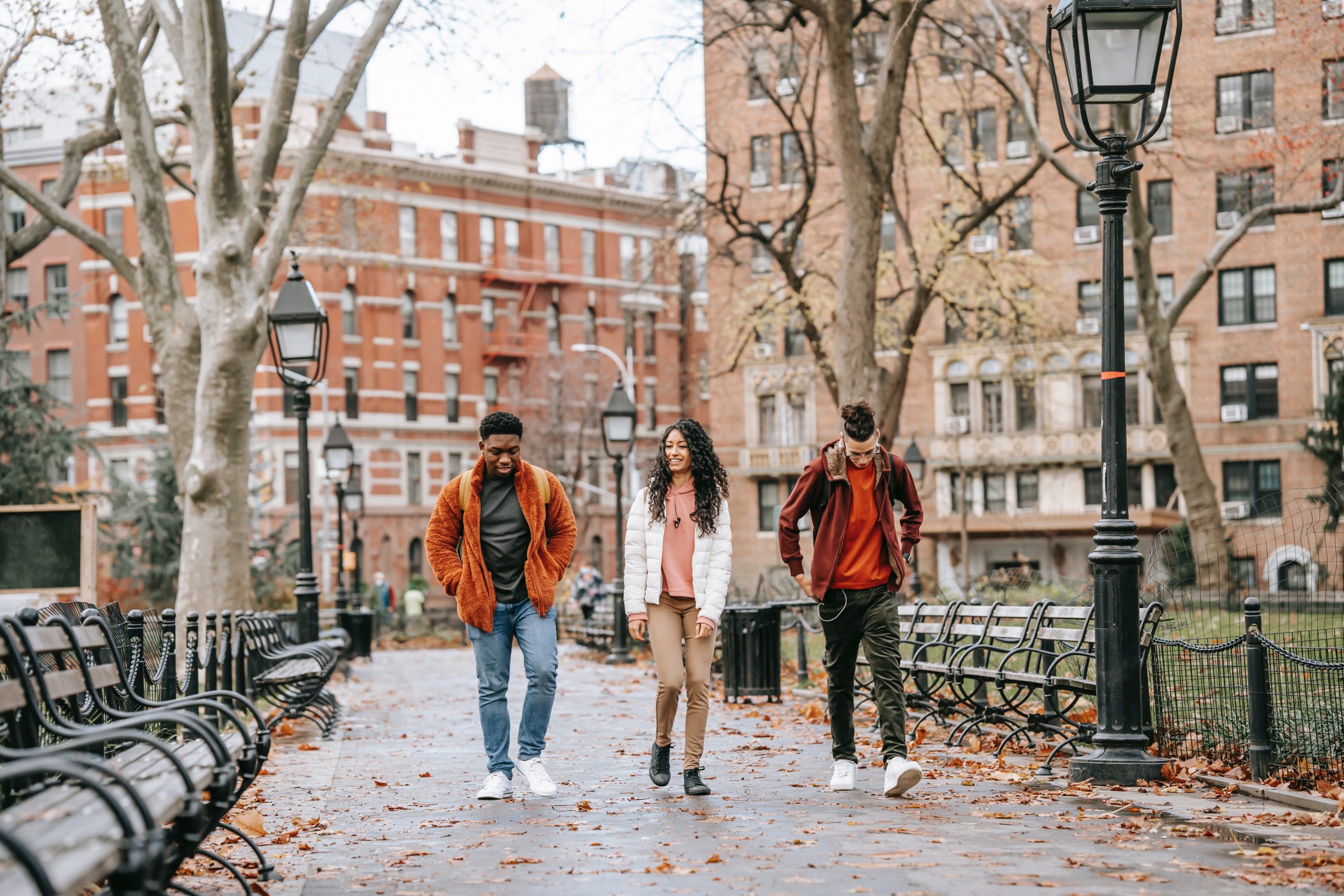
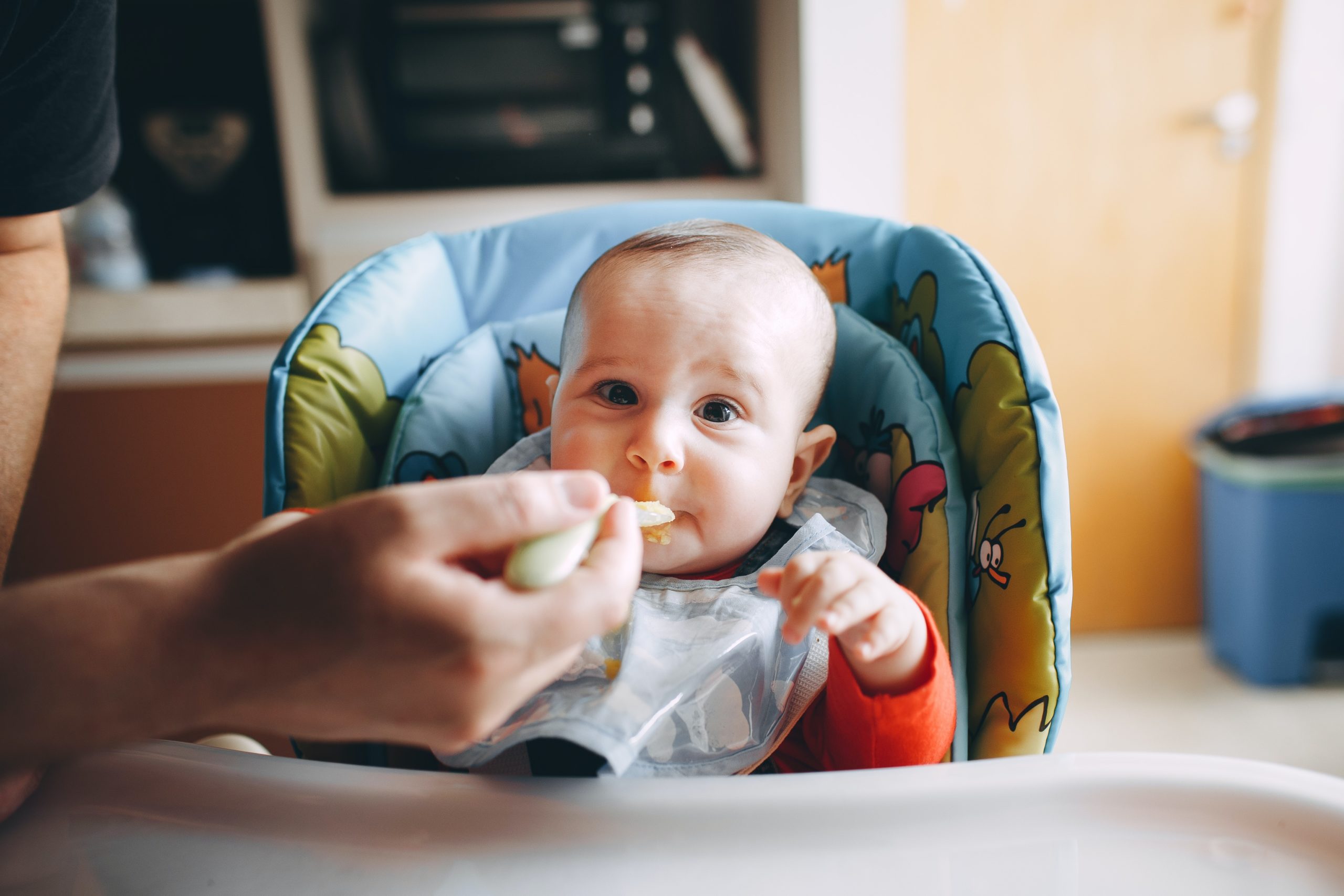
Comments are closed.